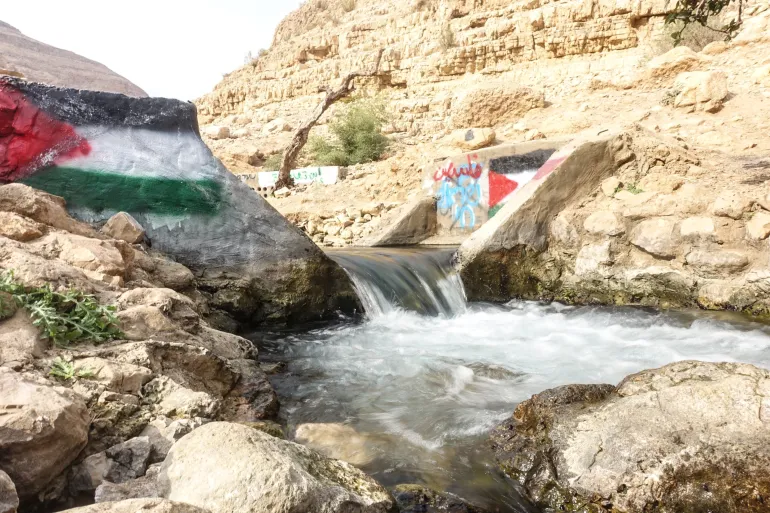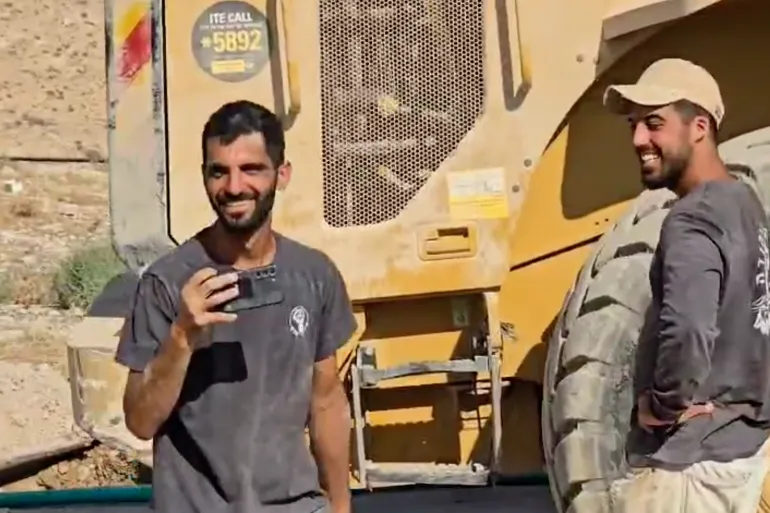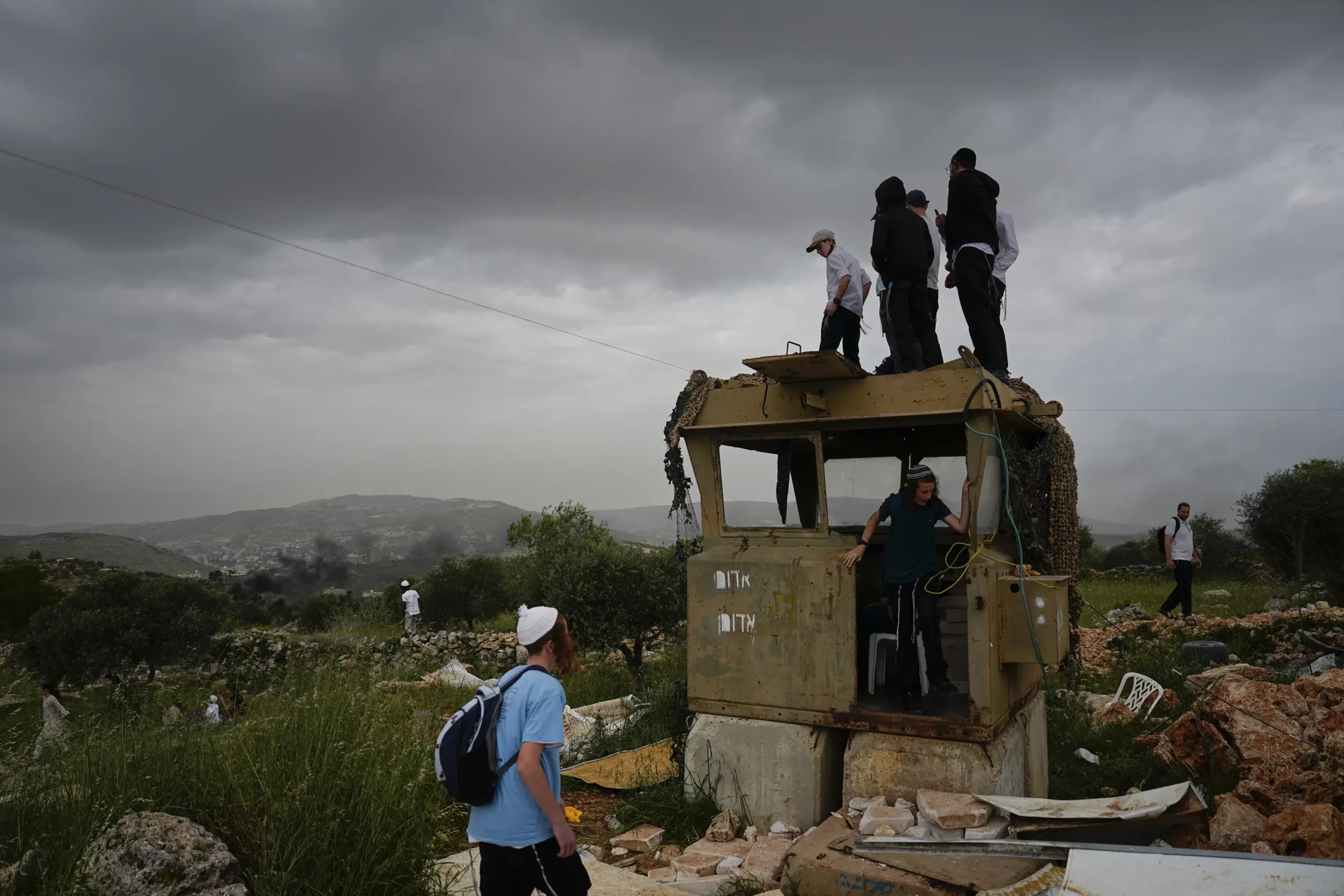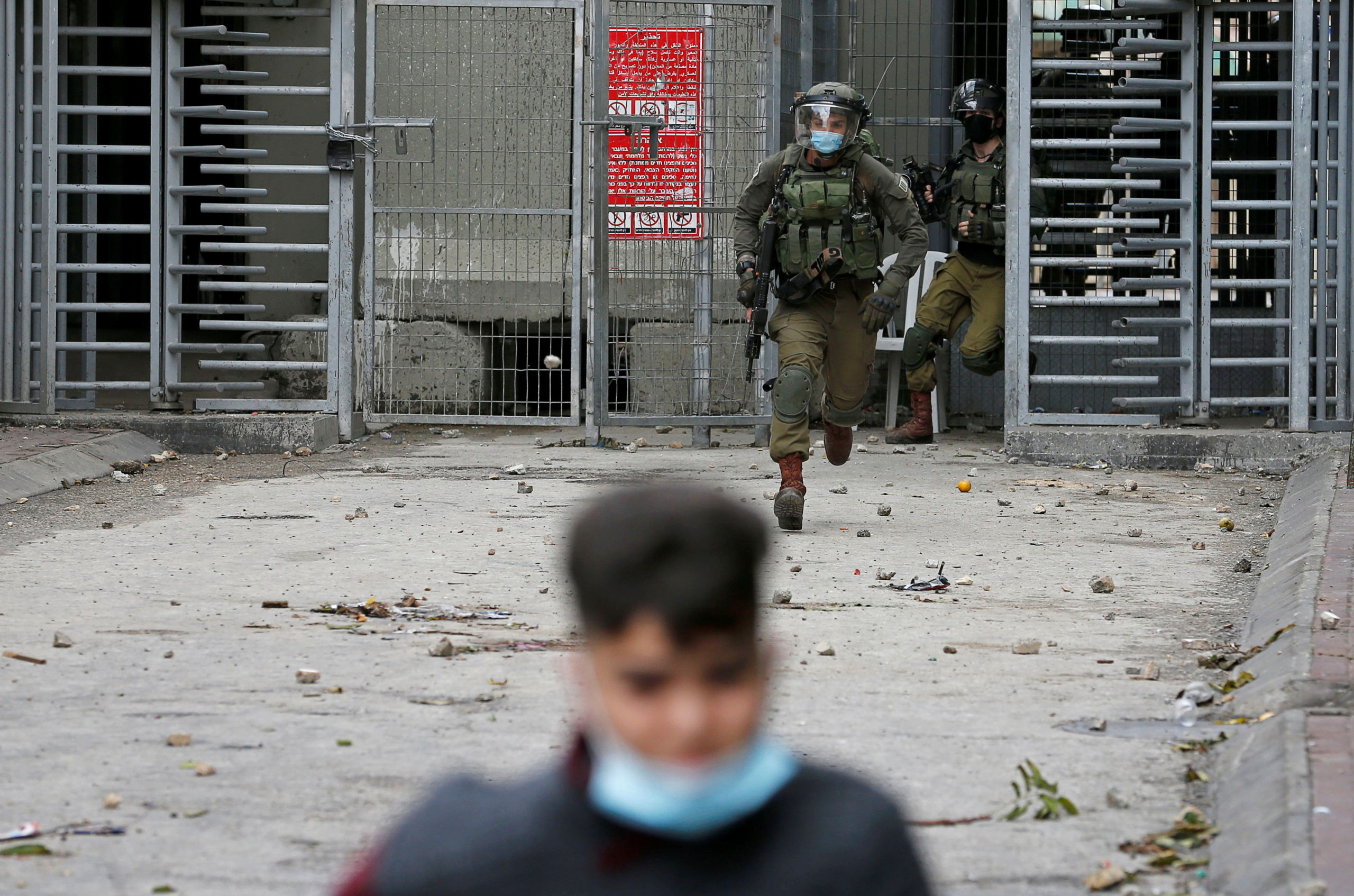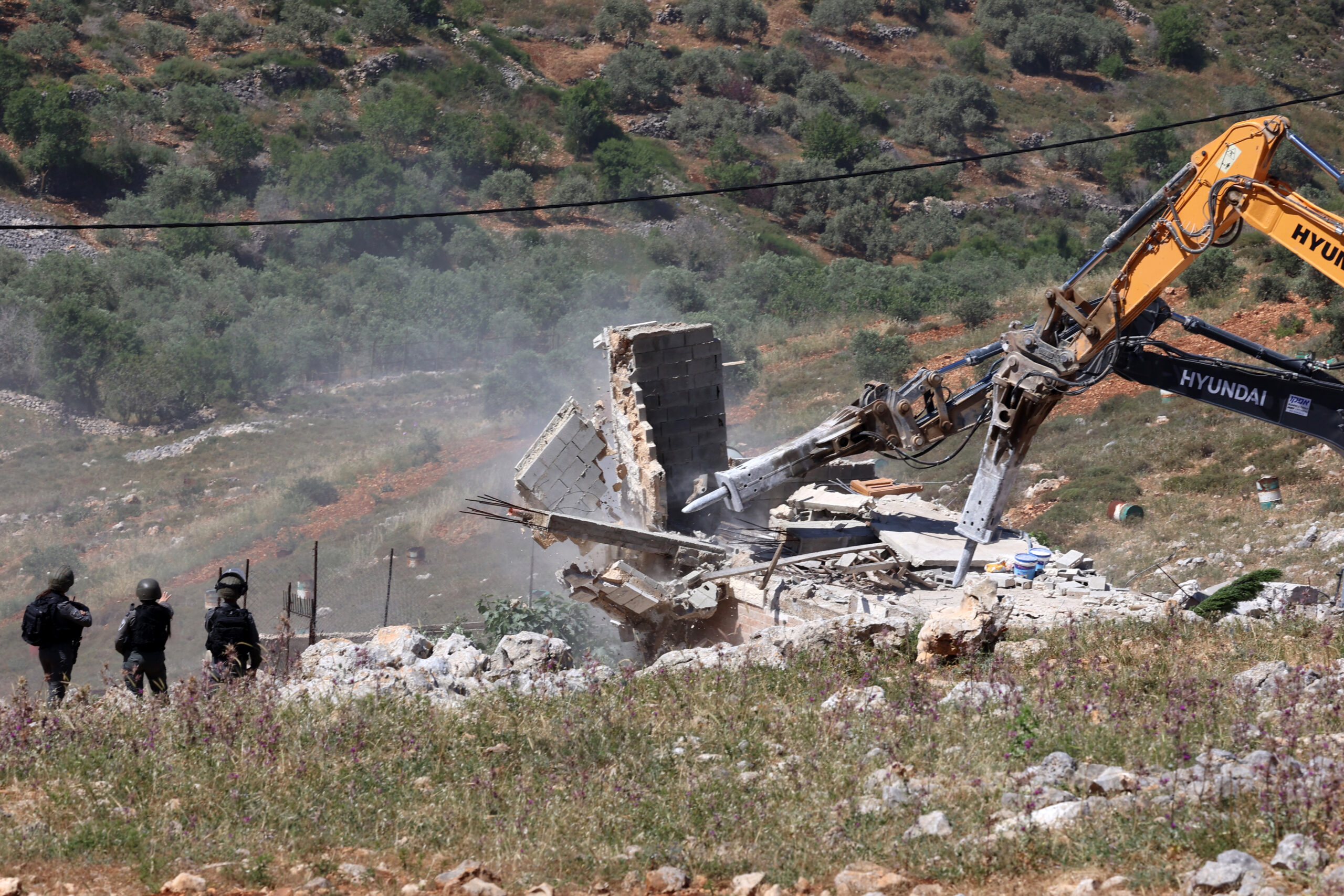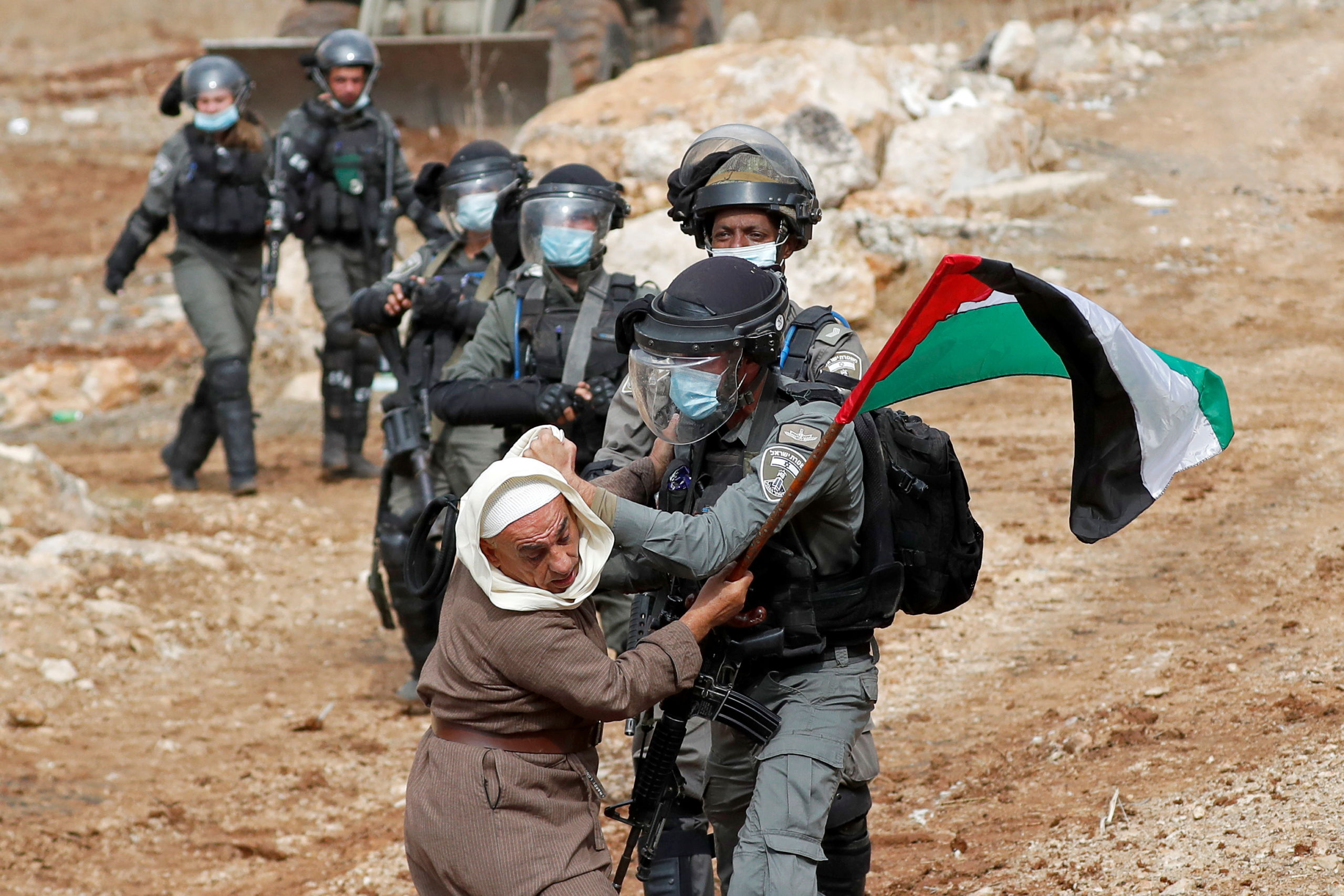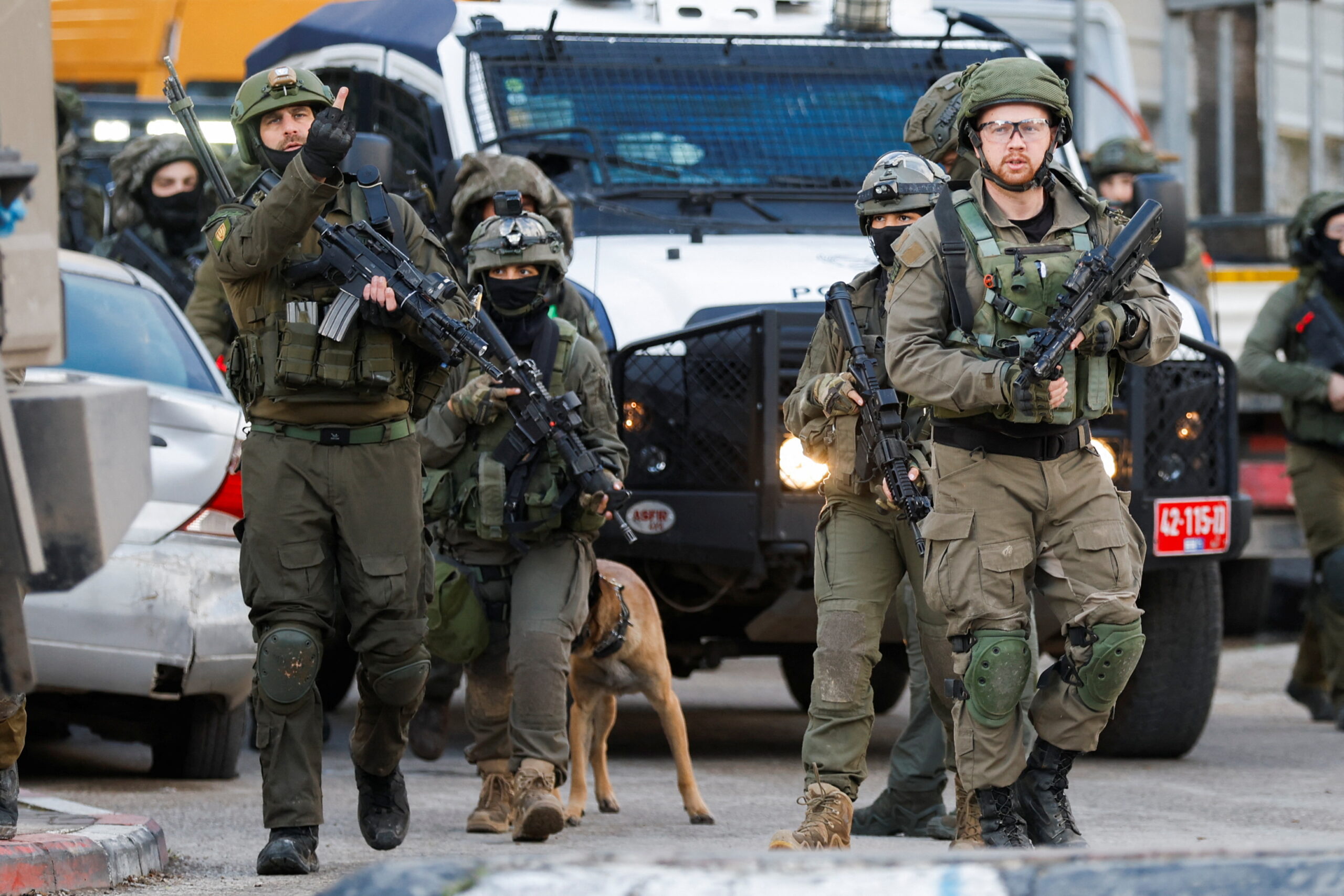Israel’s Forced Displacement in Jenin Refugee Camp Escalates as Thousands Are Forced to Relocate
![The home attacked by the Israeli army, where three Palestinian resistance fighters were taking shelter and were killed in the assault on January 26, in the Joret al-Dahab neighbourhood of Jenin refugee camp [Zena Al Tahhan/Al Jazeera]](https://liberties.aljazeera.com/resources/uploads/2025/03/1741536927.webp)
The home attacked by the Israeli army, where three Palestinian resistance fighters were taking shelter and were killed in the assault on January 26, in the Joret al-Dahab neighbourhood of Jenin refugee camp [Zena Al Tahhan/Al Jazeera]
Israel’s forced displacement of Palestinians in the Jenin refugee camp continues to unfold, with the situation worsening as more than 90% of the camp’s Palestinian population has now been forcibly relocated. This ongoing operation has led to widespread destruction, with approximately 500 houses and vital facilities, including schools, healthcare centers, and local businesses, reduced to rubble. The displacement of families is not only leaving individuals homeless but also disrupting their access to essential services, exacerbating the already dire humanitarian situation in the area.
The Jenin refugee camp, home to thousands of Palestinian residents, has long been a symbol of resistance and resilience. However, in recent weeks, it has become the focal point of Israel’s military operations aimed at quelling unrest and asserting control over the area. The forced relocation of the camp’s population is part of a broader strategy to dismantle what Israel views as militant strongholds within Palestinian territories. Yet, for the Palestinian people in Jenin, this is a devastating blow to their homes, livelihoods, and sense of community.
Many of the displaced individuals have sought refuge with relatives or in other camps, but the overcrowded conditions and lack of basic resources are making it incredibly difficult for them to rebuild their lives. The destruction of 500 homes and essential infrastructure has left the remaining residents struggling to survive without access to clean water, food, or medical supplies. International aid efforts have been hampered by the ongoing conflict, with humanitarian organizations finding it increasingly difficult to deliver relief to those in need due to the continued military presence in the region.
The international community has expressed growing concern over the forced displacement and the destruction of civilian infrastructure in Jenin. Human rights organizations have condemned the actions, calling them a violation of international law and a collective punishment of innocent civilians. Despite the widespread outcry, Israel has defended its actions, citing security concerns and the need to combat militants operating in the area. However, critics argue that the forced displacement and destruction are disproportionate and target an entire civilian population rather than addressing specific security threats.
As the situation in Jenin unfolds, the impact of Israel’s actions on the lives of Palestinian civilians is becoming more evident. Thousands are now without homes, and the future of the refugee camp remains uncertain. The forced displacement is just one chapter in a long and painful history of conflict, but it underscores the ongoing humanitarian crisis that continues to affect Palestinian communities in the West Bank and beyond. With little hope for a resolution in sight, the plight of the displaced residents of Jenin remains a painful reminder of the fragility of peace in the region.
- Most Viewed
- Most Popular


